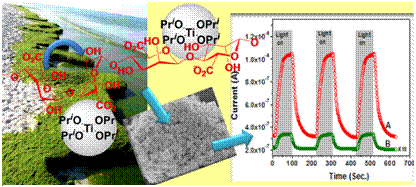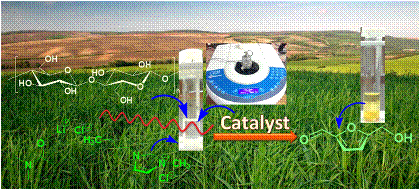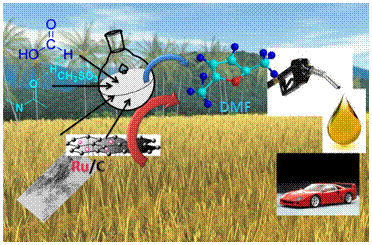Welcome to the Laboratory of CatalysisAt University of Delhi |

|
Dr. Basudeb Saha Associate Professor Department of Chemistry University of Delhi Delhi, India Email: bsaha@chemistry.du.ac.in Basudeb_s@hotmail.com Phone: 91-11-27667794 (Office) 91-9711043298 (Mobile) |
|
Dr. Saha did Ph.D. from Indian Association for the Cultivation of Science, India in the area of transition metal complexes synthesis, catalysis and reaction mechanisms at molecular level. Immediately after Ph.D., Dr. Saha joined the laboratory of Professor David Stanbury, Auburn University, USA. There he studied the kinetics of photochemical reactions, which plays an important role in photovoltaic cell. In 2000, Dr. Saha joined the laboratory of Professor James Espenson at Iowa State University, USA where he performed research jointly with BP Chemical Company on global issues of terephthalic acid (PTA) production, minimization of green-house gases and removal of toxic by-products. In 2007, Dr. Saha moved to the polyurethane business R&D division of the Dow Chemical Company, USA where he led several breakthrough and implementation research projects related to the cost-effective and environmentally sustainable chemical process development for the manufacture of polyurethane precursor chemicals and adhesives. Since 2009, Dr. Saha is an Associate Professor in the Chemistry Department of the University of Delhi, Dr. Saha CV >>> |
What Do We Do
Our Group specializes in (1) Material Synthesis (2) Catalysis (3) Biorenewable Energy (4) Waste Minimization (5) Reaction Mechanisms and (6) Environmental Pollution Remediation.
|



|
|
Material Synthesis Design and synthesis of recyclable catalysts is the theme of waste minimization in our catalytic processes. We use natural biopolymers for templating hierarchical mesopororous nanoparticulate materials aiming for efficient dehydration, hydrogenation, oxidation and step-out reactions. |
|
|
Catalysis We use recyclable catalysts containing Bronsted and Lewis acidic sites for efficient dehydration of non-food cellulosic biomass to furrural, 5-hydroxymethylfurfural etc. These are important bio-based platform chemicals for production of biofuels, biomonomers and other value added chemicals. |
|
|
Biorenewable Energy We use mono- and bi-metallic supported nanoparticulate catalysts for efficient hydrogenation and hydrogenolysis of cellulosic biomass to promising next generation biofuels using formic acid as hydrogen source. |
|
|
|